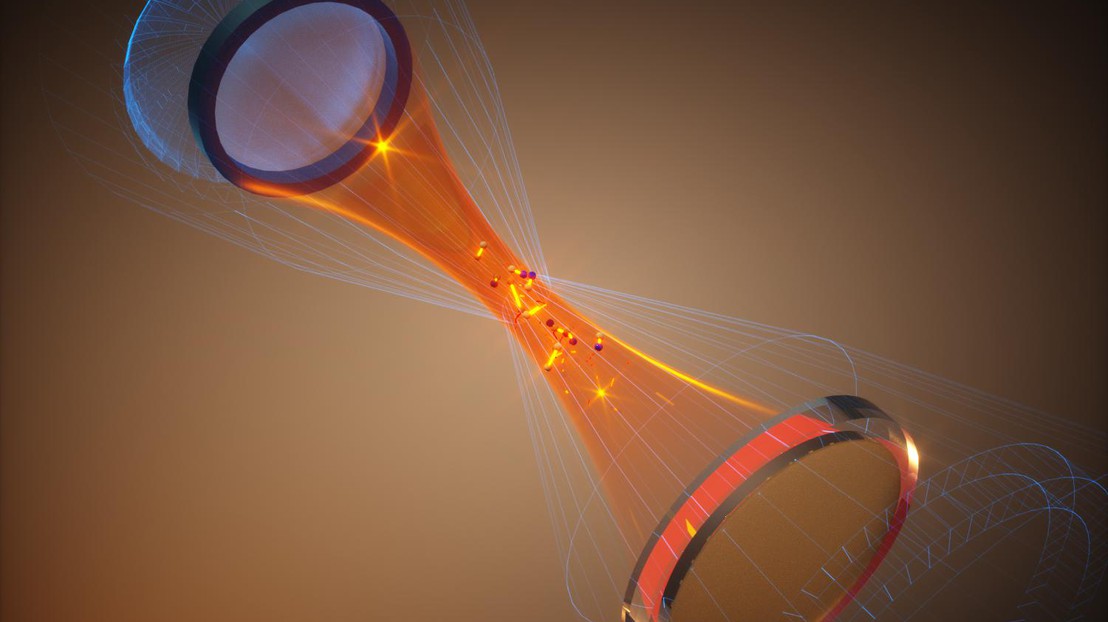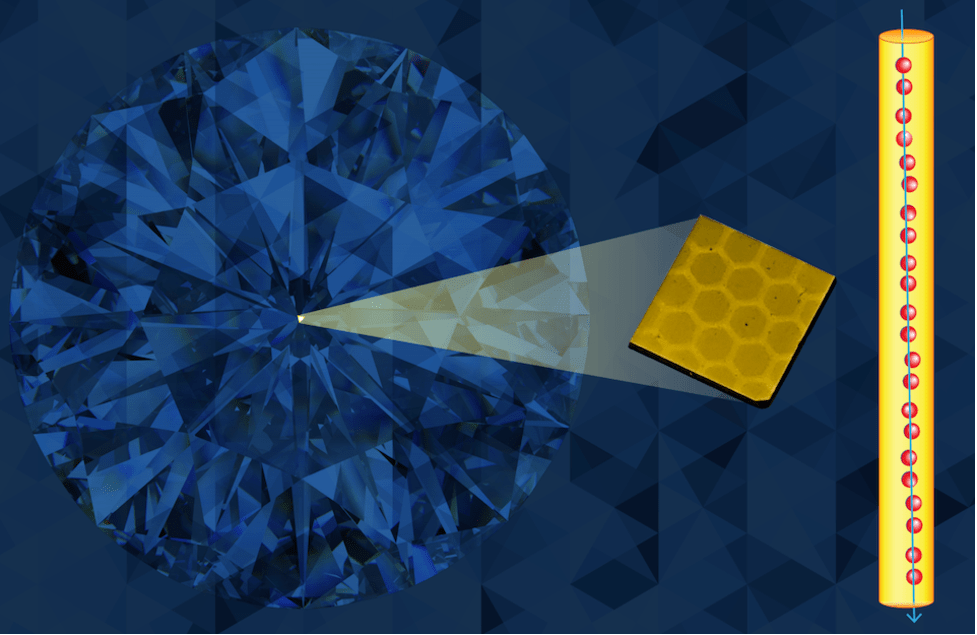npj Quantum Information, Published online: 22 November 2024; doi:10.1038/s41534-024-00917-7
Repeating a gate sequence multiple times amplifies systematic errors coherently, making it a useful tool for characterizing quantum gates.
However, the precision of such an approach is limited by low-frequency noise, while its efficiency is hindered by time-consuming scans required to match up the phases of the off-diagonal matrix elements being amplified.
Researchers have overcomed both challenges by interleaving the gate of interest with dynamical decoupling sequences in a protocol we call Matrix-Element Amplification using Dynamical Decoupling (MEADD). Using frequency-tunable superconducting qubits from a Google Sycamore quantum processor, they experimentally demonstrated that MEADD surpasses the accuracy and precision of existing characterization protocols for estimating systematic errors in single- and two-qubit gates.
They used MEADD to estimate coherent parameters of CZ gates with 5 to 10 times the precision of existing methods and to characterize previously undetectable coherent crosstalk, reaching a precision below one milliradian.



